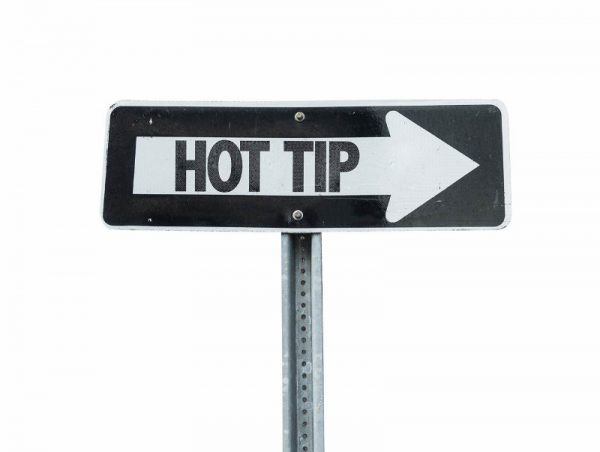3 Factors to Consider When Deciding Who Can Enter Your Sweepstakes

Determining who you want to be eligible to enter your sweepstakes is an important part of any promotion. This determination should include an evaluation of your target demographics, consideration of applicable Federal and State laws, as well as any applicable limitations or restrictions imposed by any social media platform that may be used in connection with the sweepstakes.
Age
This is perhaps the most important criteria to mention. Most sweepstakes are open to people 18 years of age or older because most states consider this to be the age of majority (i.e. when a person is a legal adult). However, if you want to run a sweepstake for children under the age of 13; or between 13 and 18, it can be done. You just have to know how to do it legally. Of special importance when capturing entry information from minors under the age of 13, is consideration of the requirements of the Children’s Online Privacy Protection Act (COPPA). COPPA requires you to obtain verifiable parental consent from a parent or legal guardian of anyone under the age of 13 in order for the child to enter your sweepstakes. That means the parent/legal guardian must give their permission for their child to enter and, in many cases, may need to enter their child into the sweepstakes themselves.
Most social media platforms do not favor making children under 13 eligible to use their platform, so that is something to keep in mind if you want to run your sweepstakes on social media. Even if eligibility is restricted to 13+, you will still need to be very careful about protecting any personally identifiable information collected from minor entrants.
There’s no hard and fast rule that says you can’t limit the eligibility age for your sweepstakes based on the types of prizes being offered, or simply to better ensure you are focusing on your niche. For instance, you can open your sweepstakes to people who are between 9 and 17 years of age or between 40 and 50. Just make sure any limit you place on eligibility, both makes sense and adheres to any applicable legal guidelines.
Location
If you are operating a local business, you may want to consider limiting who can enter by location. Store visits can generally be part of the requirement for entry into a sweepstake, which is good news for a business that wants to increase foot traffic, but requirements relating to how long someone must stay in the store or if someone must make a purchase could create an issue of consideration for the entry.
Most national sweepstakes are open to residents in the 50 states of the U.S. (or sometimes just the 48 contiguous states of the U.S.). Often location limitations are dictated by the type of prize being awarded. For example, the cost of delivering a large, heavy merchandise prize to Alaska or Hawaii may influence the decision to make residents of those two states eligible.
Another factor to consider is the requirement in New York and Florida for sweepstakes offering aggregate prizes of $5,000 or more to be registered if their residents are made eligible. Rhode Island requires registration if the aggregate prizing is $500 or more and if the sponsor is a retailer. One workaround from registering sweepstakes in these states is to exclude their residents from entering. Of course, both Florida and New York boast large populations, so this is something to take into consideration before excluding them.
Sometimes we come across a client who wants to run a global promotion, which means they don’t want to exclude anyone, anywhere in the world. Unfortunately, as a practical matter, you really cannot do this economically. Promotion laws vary from country to country and you can’t pick and choose the ones you want to follow. Some countries require that the random drawing be held in their country; others require that the sponsor have a physical business location in their country; some have their own registration/bonding requirements; some maintain that the collection of entries must reside on a server in their country and; still others require the rules and all advertising be translated into their native tongue. Beyond that, some countries don’t even permit “pan” promotions; they don’t let you to run sweepstakes open to residents beyond the people who live in their country. The good news is that some countries work well together. We’ve administered promotions open to the U.S., Canada, and Great Britain and promotions open to the U.S. and Australia. So, there are workarounds in case you want to go “sort of” global. Regardless of how big or little the reach of entrants extends, it is vital that you have a way to enforce, or at least determine location restrictions.
Affiliation
Often sponsors stipulate that persons closely connected with the sponsor, or other companies involved in the sweepstakes, either by employment or family connections are not allowed to enter. These stipulations are put in place to avoid the appearance of bias or unfairness. Often, verification of eligibility can only be finally determined after an entrant is identified as a potential winner, to simplify the entry process.
Before you finalize any of the rules for your sweepstakes (or contest), be sure that you fully understand all applicable laws, rules, and regulations, as well as any special rules and restrictions enforced by any social media platform you are using. You can do more harm than good for your brand if you fail to recognize and abide by these requirements.


